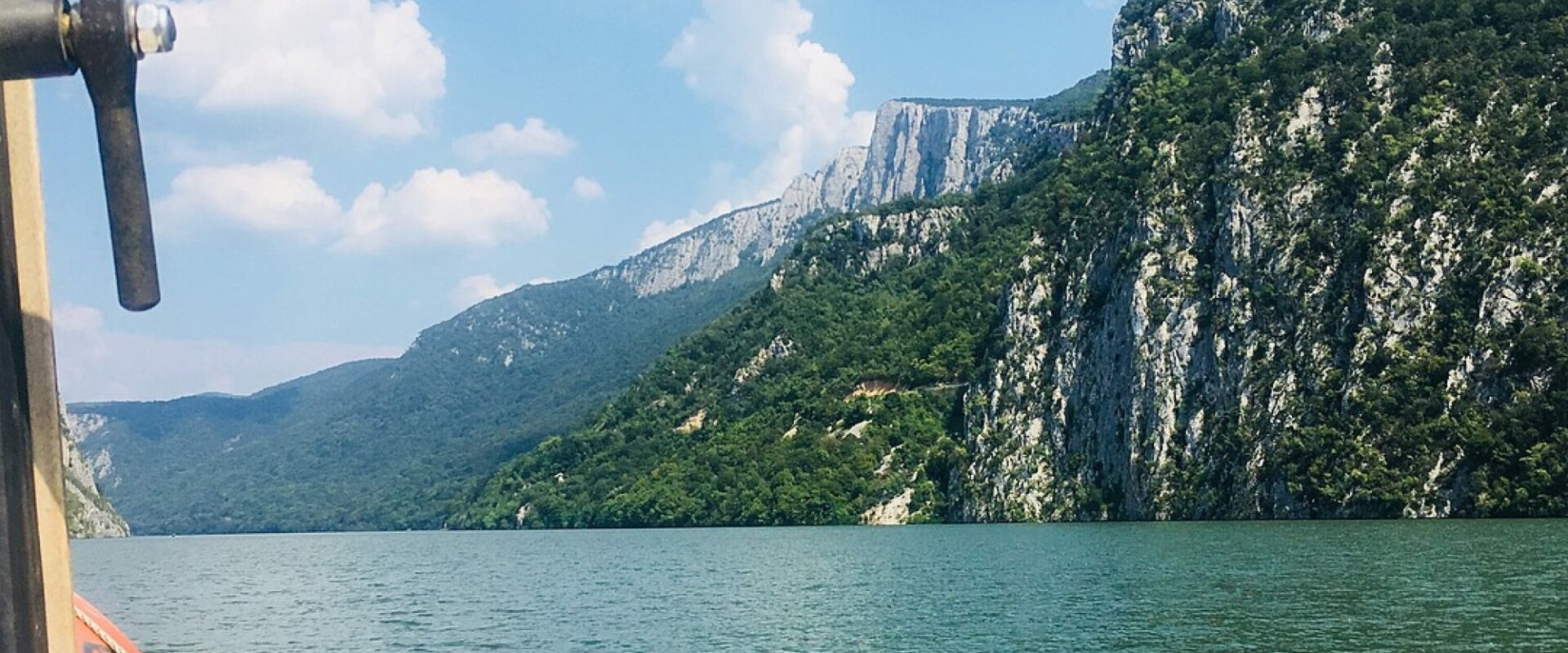The conflict between Israel and Palestine is messy and complex. Let’s look at this from a radical perspective, where it is seen as a struggle against settler colonialism, ethnic cleansing, with ongoing systemic injustice.
The Radical View of the Palestine Story
- Historical Context
- Colonial Legacy: The establishment of Israel in 1948 was a settler colonial project. This is likened to European colonialism in Africa and the Americas, where indigenous populations were displaced by settlers.
- Ethnic Cleansing: The Nakba, or “catastrophe,” tells the story of the mass displacement of Palestinians during the creation of Israel. Over 700,000 Palestinians were forced from their homes, a process of ethnic cleansing.
- Ongoing Occupation
- Military Occupation: The 1967 Six-Day War resulted in Israel occupying the West Bank, Gaza Strip, and East Jerusalem. This occupation is illegal under international law.
- Settler Expansion: Israeli settlements in the West Bank are a continuation of the colonial project, with land being taken from Palestinians to build homes for Israeli settlers. This agen is illegal under international law.
- Systemic Injustice
- Apartheid: Radicals describe the situation as apartheid, with separate legal systems and rights for Jewish Israelis and Palestinians, akin to South African apartheid.
- Human Rights Violations: Regular reports of human rights abuses, including home demolitions, arbitrary arrests, and restrictions on movement, highlight the ongoing systemic oppression.
Key Points of Advocacy
- Education and Awareness
- Understanding the history and current realities is crucial. This includes debunking myths perpetuated by #mainstreaming media agendas.
- Active Participation
- Demonstrations and Protests: Being present at demonstrations shows solidarity and helps raise awareness. “Spiky” direct action on the economic supports for the occupation is also a needed and affective strategy.
- Join Organizations: Support or join “Fluffy” organizations that work towards Palestinian liberation and human rights, such as the Boycott, Divestment, and Sanctions (BDS) movement.
- Support and Solidarity
- Charity and Aid: Donate to grassroots organizations helping Palestinian refugees and those affected by the conflict. Work in this area.
- Political Advocacy: Pressure governments to hold Israel accountable for human rights violations and to support Palestinian self-determination.
Conclusion
The radical view of the Palestine story emphasizes the importance of understanding the conflict through the daily reality of colonialism and systemic injustice. From this view, education, direct action, active participation, and support for Palestinian self-determination are key to contributing to the movement. That arming yourself with knowledge and standing in solidarity, people can help combat the ongoing crimes against humanity in Palestine.
